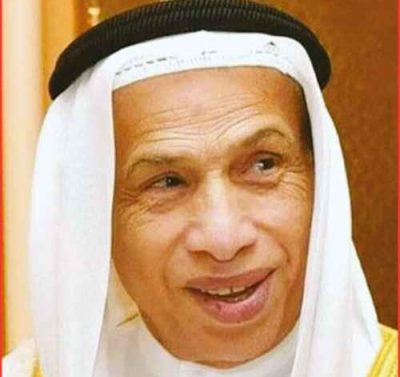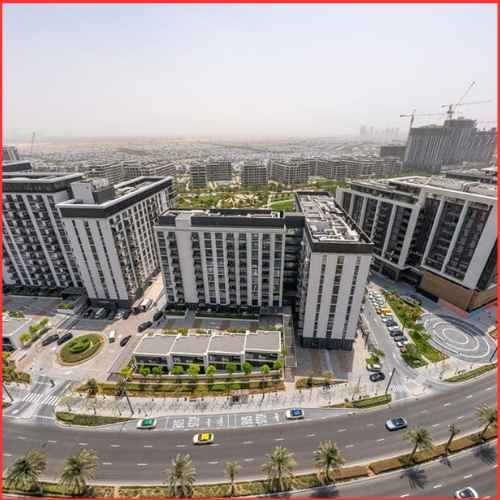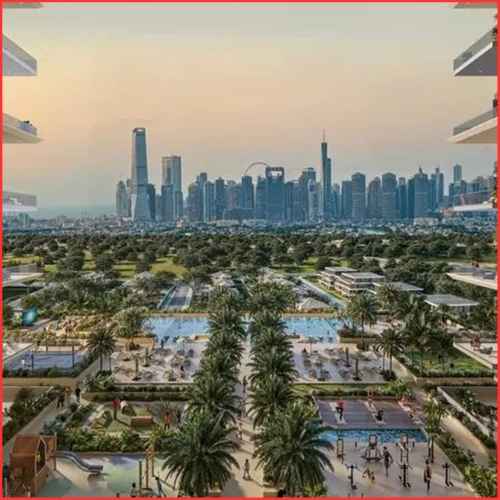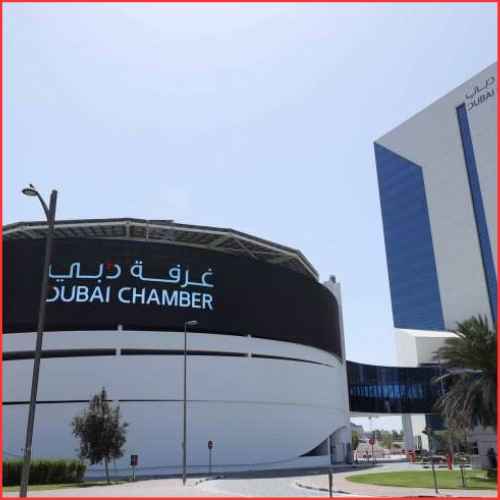The Dubai Supreme Council of Energy recently approved plans to increase energy and water efficiency programs across the emirate. The move aims to financially benefit both the public and private sectors through lower utility bills and a more sustainable use of resources.

From a financial perspective, improving efficiency in electricity and water consumption can deliver substantial cost savings for Dubai’s government, businesses and residents over the long run. The programs target reducing consumption through initiatives like green building codes, retrofitting existing structures, and utilizing recycled water for non-potable purposes. Even small percentage reductions in usage, sustained annually, can translate to millions saved on Dubai’s multi-billion dollar water and electricity bills.
For example, upgrading lighting, cooling and other systems to more efficient models can decrease building energy costs by 15-30% with payback periods of just a few years. Similarly, installing water-saving fixtures or switching to recycled water for landscape irrigation lowers property maintenance expenses noticeably. As usage goes down across the emirate due to efficiency drives, it also reduces pressure on utilities to invest in expensive new generation and desalination capacity expansions.
Lower utility costs especially benefit Dubai’s vital business sectors and SMEs, improving their bottom lines. With energy and water bills constituting a major overhead, efficiency gains free up capital for productive investment and job creation. This supports Dubai’s economic vision and competitiveness on a national and global scale. Efficiency programs also make operating in Dubai more financially viable for companies and attracting foreign capital and talent.
On the residential front, efficiency translates to savings on household utility bills that put more money in the pockets of Dubai’s citizens and residents. This boosts their disposable income and standard of living. For property investors and developers, efficiency adds value by reducing building operating expenses and making units more appealing to environment-conscious buyers and tenants. This has a positive impact on Dubai’s thriving real estate market.
From a sustainability perspective, curbing consumption through efficiency is vital to Dubai’s long-term water and energy security. With demand projected to rise continuously, efficiency programs help manage scarce resources more judiciously for future generations. They also support the UAE’s commitment under the Paris Agreement to transition to a low-carbon economy and mitigate climate change risks. Achieving sustainability targets has become an important criterion for foreign investors and global business.
By ramping up existing efficiency initiatives, Dubai is taking a major financial and environmental step forward. If successfully implemented through public-private collaboration, the programs stand to accrue millions in savings annually across the emirate while boosting sustainability. This will strengthen Dubai’s position as a global business hub and set an example for other developing cities to follow.















